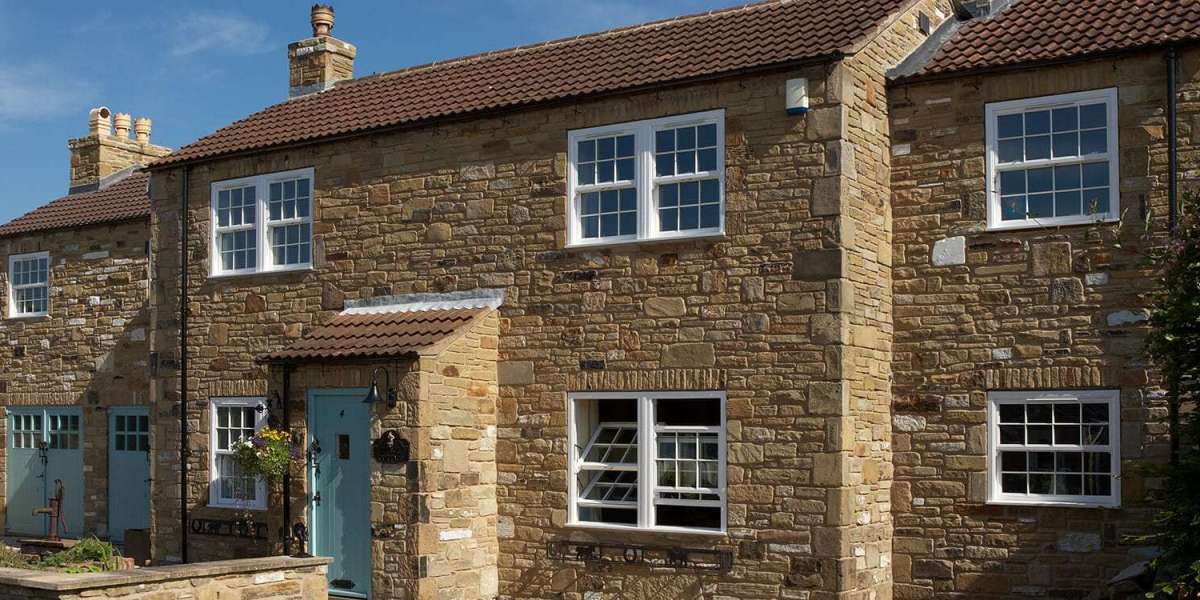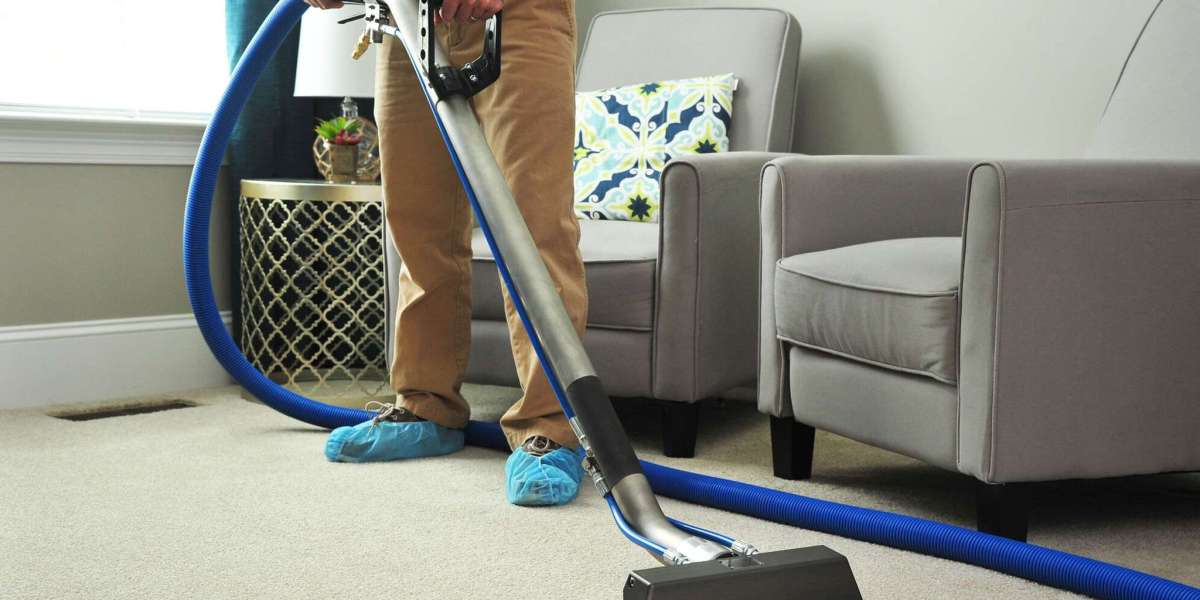UPVC (Unplasticized Polyvinyl Chloride) windows have become a popular choice for homeowners and builders alike due to their durability, energy efficiency, and low maintenance requirements. This report aims to provide a comprehensive overview of UPVC windows, discussing their features, benefits, applications, and considerations for installation.
What are UPVC Windows?
UPVC is a rigid form of polyvinyl chloride that does not contain any plasticizers, making it more durable and resistant to environmental factors. UPVC windows are manufactured using this material, which is known for its excellent insulation properties, resistance to corrosion, and longevity. Unlike traditional wooden or aluminum frames, UPVC windows do not warp, rot, or require extensive maintenance, making them an attractive option for modern construction.
Key Features of UPVC Windows
- Energy Efficiency: UPVC windows are designed with multi-chambered frames that trap air, providing excellent thermal insulation. This feature helps maintain indoor temperatures, reducing the need for heating and cooling systems and ultimately lowering energy bills.
- Durability: UPVC is resistant to weathering, UV rays, and pollution. Unlike wood, it does not swell, crack, or fade over time. This durability ensures that UPVC windows can withstand harsh environmental conditions without compromising their performance.
- Low Maintenance: One of the significant advantages of UPVC windows is their low maintenance requirements. They can be easily cleaned with soap and water, and they do not require painting or sealing, making them a cost-effective option in the long run.
- Sound Insulation: UPVC windows provide excellent sound insulation due to their dense material and multi-chambered design. This feature is particularly beneficial in urban areas where noise pollution can be a concern.
- Security: UPVC windows can be fitted with advanced locking mechanisms and reinforced frames, enhancing the security of homes. Their robust construction makes them difficult to break into, providing peace of mind to homeowners.
- Aesthetic Versatility: UPVC windows are available in various styles, colors, and finishes, allowing homeowners to choose designs that complement their architectural preferences. From casement and sliding windows to tilt-and-turn options, UPVC can be customized to suit any aesthetic.
Benefits of UPVC Windows
- Cost-Effectiveness: While the initial investment in UPVC windows may be higher than that of traditional materials, the long-term savings in maintenance and energy costs make them a more cost-effective choice over time.
- Environmental Impact: UPVC is a recyclable material, and many manufacturers have adopted sustainable practices in their production processes. Choosing UPVC windows can contribute to a reduced environmental footprint, making them a responsible choice for eco-conscious consumers.
- Increased Property Value: The installation of UPVC windows can enhance the overall value of a property. Prospective buyers often appreciate energy-efficient and low-maintenance features, making homes with UPVC windows more attractive in the real estate market.
- Customizable Options: UPVC windows come in a wide range of styles and configurations, allowing homeowners to tailor their choices to fit their specific needs. Whether one prefers traditional aesthetics or modern designs, UPVC windows can be customized accordingly.
- Weather Resistance: UPVC windows are designed to withstand extreme weather conditions, including heavy rain, strong winds, and intense sunlight. This resilience ensures that they remain functional and visually appealing for years.
Applications of UPVC Windows
UPVC windows are suitable for a variety of applications, including residential, commercial, and industrial buildings. They are commonly used in:
- Residential Homes: UPVC windows are a popular choice for new builds and renovations due to their energy efficiency and aesthetic appeal. Homeowners can choose from various designs to enhance their property’s curb appeal.
- Commercial Buildings: Many businesses opt for UPVC windows for their durability and low maintenance, which can reduce operational costs. Additionally, their energy efficiency contributes to a more sustainable business model.
- Industrial Facilities: UPVC windows are also used in industrial settings where durability and resistance to harsh environments are essential. They can withstand exposure to chemicals and pollutants, making them suitable for factories and warehouses.
- Public Buildings: Schools, hospitals, and government buildings often utilize UPVC windows for their insulation properties and security features. The low maintenance aspect is particularly beneficial for public facilities that require regular upkeep.
Considerations for Installation
While UPVC windows offer numerous benefits, there are several factors to consider when planning their installation:
- Quality of Installation: Proper installation is crucial for maximizing the performance of UPVC windows. Homeowners should hire experienced professionals to ensure that the windows are fitted correctly, preventing issues such as air leaks or water ingress.
- Regulatory Compliance: Building codes and regulations may vary Glazing By Ideal Glass location, so it’s essential to check local guidelines before installation. Some areas may have specific requirements regarding window materials and energy efficiency ratings.
- Choosing the Right Manufacturer: Not all UPVC windows are created equal. It’s important to select a reputable manufacturer that offers high-quality products with good warranties. Researching reviews and seeking recommendations can help in making an informed choice.
- Color and Finish: While UPVC windows are available in various colors and finishes, it’s essential to choose options that are UV resistant to prevent fading over time. Homeowners should also consider the long-term aesthetic appeal of their chosen design.
- Cost Considerations: While UPVC windows can be more expensive upfront, it’s important to factor in long-term savings on energy bills and maintenance when evaluating the overall cost. Comparing quotes from different suppliers can also help in finding the best value.
Conclusion
UPVC windows represent a modern solution for homeowners and builders seeking energy efficiency, durability, and low maintenance. Their versatility and aesthetic appeal make them suitable for various applications, from residential to commercial buildings. By understanding the features and benefits of UPVC windows, consumers can make informed decisions that enhance their properties while contributing to a more sustainable future. With proper installation and maintenance, UPVC windows can provide years of reliable service, making them a worthy investment for any property.







